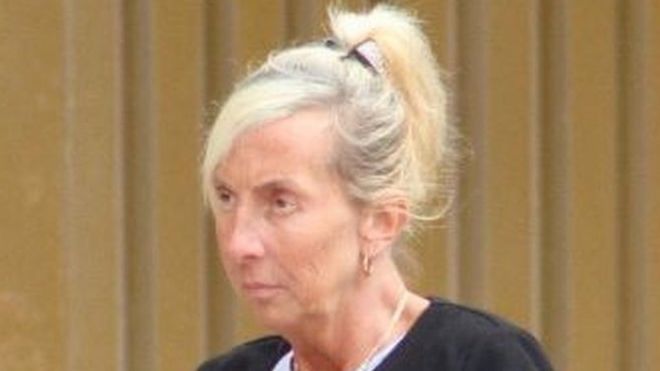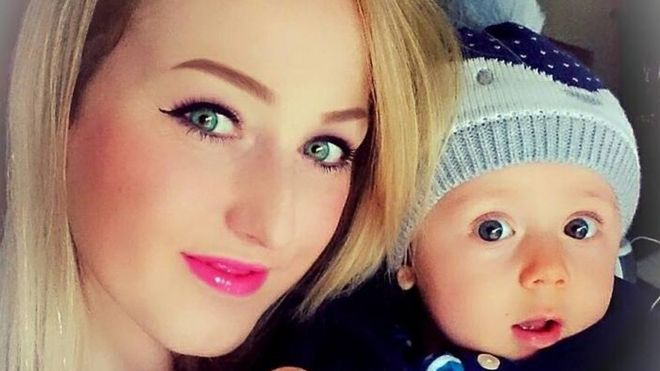
 Pic:::Cambridge University Campuses/wp
Chris Skidmore, Minister for Universities, Science, Research and Innovation, announced on 10 July 2019 a £30 million award to the University of Cambridge to support the new Cambridge Heart and Lung Research Institute (HLRI).
Pic:::Cambridge University Campuses/wp
Chris Skidmore, Minister for Universities, Science, Research and Innovation, announced on 10 July 2019 a £30 million award to the University of Cambridge to support the new Cambridge Heart and Lung Research Institute (HLRI).
University Reporter,Cambridge,UC(wp/CU):::
The Institute will draw together the highest concentration of heart and lung researchers from academia, healthcare and industry in Europe. It has set an ambitious five-year target to demonstrate proof-of-concept for at least ten new drugs or diagnostic approaches in heart and lung diseases.
The HLRI will be situated next to Royal Papworth Hospital, which was officially opened by HM the Queen on 9 July, and forms part of the Cambridge Biomedical Campus, the centrepiece of the largest biotech cluster outside the United States of America. It will be home to over 380 scientists and state-of-the-art laboratories in genomics, population sciences, research into cellular mechanisms of disease and translational science. It will also include a special ten bed facility where the first-in-patient studies of new treatments can be conducted.
“This is an incredibly exciting project bringing together world-renowned expertise in cardiovascular and respiratory science at Cambridge University and clinical excellence at Royal Papworth Hospital,” says Professor Nick Morrell from the University of Cambridge, Interim Director of the institute and a non-Executive Director of Royal Papworth Hospital.
“Heart and lung diseases affect many millions of people of people worldwide and the numbers are growing. Institutes such as ours, focussed on these big health challenges, are urgently needed. The discoveries made by our researchers will deliver major benefits to the public through improvements in public health, new approaches to diagnosing and treating disease, and new medicines.”
Professor John Wallwork, Chairman of Royal Papworth Hospital, said: “The Heart and Lung Research Institute will mean new treatments will be created, tested and delivered to tackle the biggest causes of premature death in the world all on one site. This will be a huge step forward and demonstrates one of the reasons Royal Papworth Hospital moved to the Cambridge Biomedical Campus – to collaborate with the best researchers in the world to help to save lives. The importance of this building cannot be underestimated and I can’t wait to see how it will transform healthcare in the years to come.”
The award is one of 11 announced from flagship capital investment scheme the UK Research Partnership Investment Fund, totalling over £670m of new investment into UK research and innovation. It complements £10 million of funding committed to the institute by the British Heart Foundation (BHF). Further funding will be provided by the University and Royal Papworth Hospital, and the Wolfson Foundation.
The BHF award, which contributes to the capital cost of the building, is one of the charity’s largest ever strategic award. The charity has also committed an additional £6m in funding for the BHF Cambridge Centre for Cardiovascular Research Excellence, which will be housed in the institute.
Professor Sir Nilesh Samani, Medical Director at the British Heart Foundation, said: “Through this funding we will help create a fantastic centre that will have a key role in driving forward our ambitious programme of heart and circulatory research. By bringing together world-leading scientists it will enable exciting opportunities for collaboration between researchers from different disciplines. And it will also accelerate the transformation of discoveries in the laboratory to treatments available at patients’ bedside.
“This grant is one of the largest the BHF has ever made and we have only been able to make this investment because of the incredible generosity of the public.”
The Cystic Fibrosis Trust has also committed to raise up to £5 million to fund the Cystic Fibrosis Innovation Hub, which launched last year and will transfer to the new building once it has been completed. Both AstraZeneca and GlaxoSmithKline will also embed integrated research hubs in the Institute to maximise translational impact.
Work on the HLRI will begin almost immediately, with ground-breaking taking place in November 2019 and construction starting in early 2020.
Without further medical advances, an estimated one in four people in the UK will die from heart or circulatory disease, while one in five will die from lung disease. Combined, cardiovascular and respiratory diseases cost over £840 billion worldwide every year.




